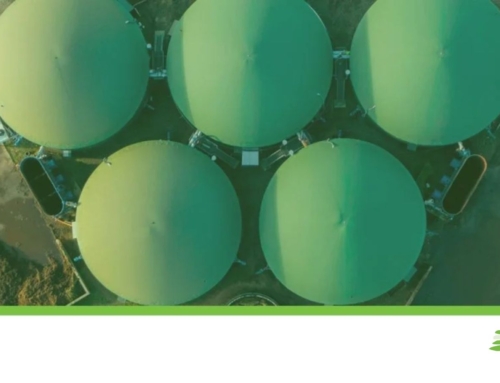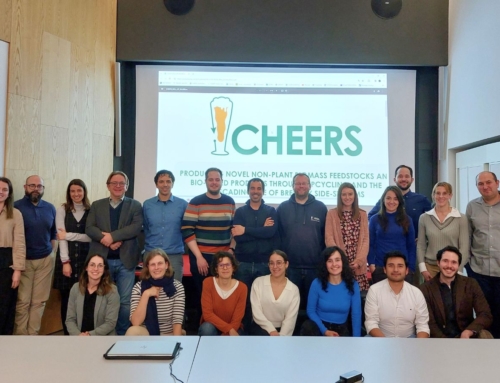The CHEERS project involves the valorisation of by-products and side-streams of brewery sector to obtain five valuable circular bio-based products:

The production and commercialization of these products is significantly influenced by EU regulations. Therefore, AINIA completed the study to examine the current legislation to identify any regulatory obstacles that may affect their commercialization in the European market. Here, the main conclusions for each of one of them:
1. Insect flour from bagasse for protein enriched drinks
- Insects are novel foods so they are subject to pre-market approval before they can be sold to consumers. The larvae of the mealworm (Tenebrio molitor) is one of the four insect species approved by the European Commission the use of as food for human consumption, based on scientific assessments that demonstrated their safety.
2. Caproic-rich mixture of fatty acids for animal feed
- Caproic acid is not included in the current list of feed additives. Its use as such will require the necessary authorization as a technological and/or nutritional additive, depending on its functions and properties.
3. Chlorine from CO2 for disinfectants
- Chlorine-based compounds are commonly used disinfectants in the food industry and are subject to different EU regulations, such as biocides, food additives or processing aids, depending on whether the application is on surfaces or directly on food.
4. Ectoine from methane for cosmetics
- Ectoine is not a substance prohibited or restricted in cosmetic products, so, it could be used as a cosmetic ingredient, if comply with all safety requirements demanded by Regulation No 1272/2008.
5. Single Cell Protein from methane for pet food production
- Protein products obtained by fermentation with bacteria on a substrate/culture medium consisting of natural gas (fermented with Methylococcus capsulatus, among others) as carbon source, a nitrogen source of vegetal or chemical origin, vitamins and minerals, are a type of protein that can be used as feed.
The European Bioeconomy Strategy, updated in 2018, recognizes the importance of the bio-based products to develop a sustainable economy based on renewable biological resources in Europe. The time for novel bio-based products is now!
Do you wanna know more about the project? Check the CHEERSletter










Leave A Comment